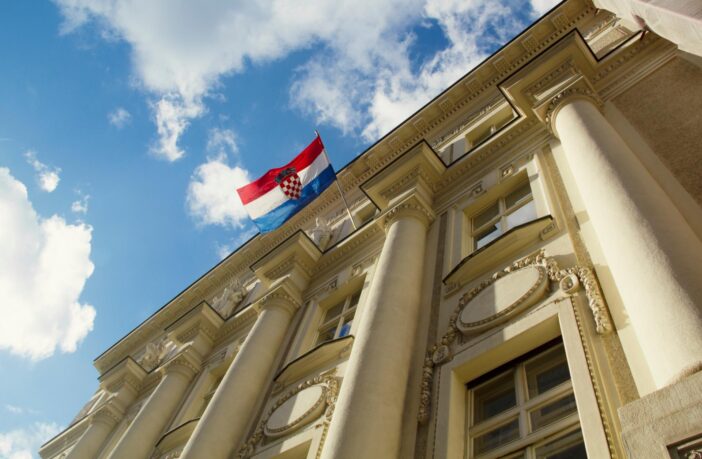Croatian central bank aims to reduce risks to the economy
The Croatian central bank has introduced a number of measures to curb inflation. One of the innovations was the regular tightening of lending conditions for households. The new rules came into force on 1 April.
According to the bank, these measures are preventive. They aim to reduce risks to financial stability. In addition, the regulator intends to strengthen the system to make it less vulnerable to adverse macroeconomic factors.
Overview of changes
The Croatian National Bank has taken a number of measures to curb inflation:
1. The monthly debt service-to-income ratio (DSTI) should not exceed 45% for residential loans.
2. For non-residential loans, the DSTI is limited to 40%.
3. The loan-to-value ratio for housing loans cannot exceed 90%.
4. The maximum repayment period for housing loans is 30 years.
5. The repayment period for non-residential loans is 10 years.
Croatia continues to struggle with an economic crisis caused by rising inflation. In 2024, the annual inflation rate, harmonised with EU indicators, was 4%. In 2023, it was 8.4%, and in 2022, it was 10.7%.

The severity of the problem
The growth rate of non-performing loans in Croatia rose to 15.9%, compared with 3.6% in 2022. The regulator is concerned about the state of the credit system and notes a regular increase in the number of non-performing loans. In 2023, the share of non-performing loans reached 4% of non-performing loans in 2021. Analysts expect the situation to deteriorate further. This is due to a sharp increase in the number of approved loans and a slowdown in personal income growth.
For four years, the number of loans granted increased by 10% annually. Rising house prices drove demand for credit, forcing buyers to take out larger loans. At the same time, the loan-to-income ratio also rose. In 2022, this ratio was 38%, and in 2024, it was 41%. The average loan repayment period also went up from 22 to 24 years.
Another problem for Croatia is rising prices. To help the population, the government has introduced a fixed price for 30 products. In early 2025, this list was extended following a shop boycott. Civic protests led to a decline in consumer activity, with the number of cheques written per day falling by 40%. This forced the government to turn its attention to the problem of skyrocketing prices.




